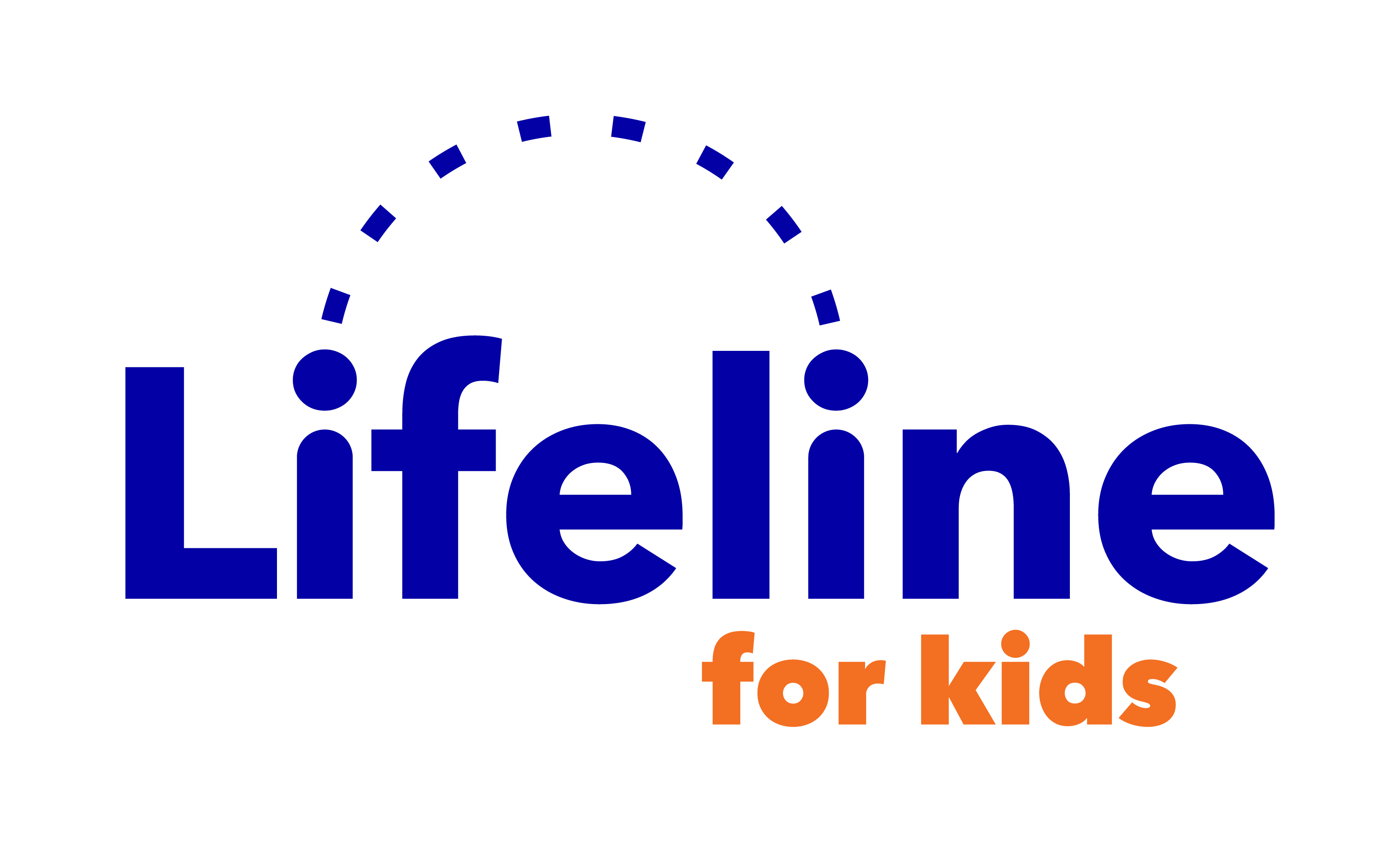Resilience Through Relationships Initiative
We can’t stop bad things from happening—but resilience can help you cope with and heal from childhood trauma.
Our Resilience Through Relationships initiative promotes resilience skills in children by supporting the relationships between children, caregivers, and other allies.
What Is Resilience in Children?
Resilience is doing well in the face of serious hardship or adversity, such as being impacted by parental substance misuse or surviving sexual abuse. Resiliency skills act like a trauma shield for children, enabling them to better handle scary, traumatic events and thrive. Resilient kids grow into healthy adults who contribute positively to society.
Resilience isn’t just something you’re born with—it’s the result of both nature (our biology and genetics) and nurture (our environment and how we’re taken care of). And just like our mental and physical capacities, certain factors are critical to the development of resiliency over time.
Protective Factors and Building Resilience in Children
Protective factors are internal or external characteristics that reduce trauma’s effects on children and help them thrive. The most important protective factor is at least 1 consistent, supportive relationship with a parent, caregiver, or other adult. Other resilience factors include:
- Access to basic needs and resources
- Building self-efficacy and self-regulation skills
- Concrete support for families, especially in time of need
- Connectedness to a community, school, or family
- Healthy food
- The presence of affirming faith or cultural traditions
Research shows that protective factors carry as much weight for a child’s mental and physical development as adverse childhood experiences (ACEs). Addressing child trauma with evidence-based therapies develops resiliency in children as well.
How Disrupted Caregiving Affects Resilience
Struggles parents face, such as substance misuse, stressors, or mental health challenges, can make it really hard to parent. That's because these challenges affect the body as well as brain regions needed to connect with children. The result is less joy in parenting, making every day harder.
But what can be done when a caregiver is struggling? How can caregivers and children recover from any resulting trauma? Our Resilience Through Relationships initiative, funded by a grant from The National Child Traumatic Stress Network, is designed to address these issues by providing resources to support the relationship between caregivers and children. Our initiative emphasizes a no blame, no shame approach where caregivers are part of the solution.
Resilience Through Relationships Initiative: How We Help
We provide resources and products for caregivers and other professional adults who have close relationships with children. These tools are designed to help you build resilience in children and learn how to heal from childhood trauma.
Explore our resources:
 About The National Child Traumatic Stress Network (NCTSN)
About The National Child Traumatic Stress Network (NCTSN)
In 2000, Congress established The National Child Traumatic Stress Network. The NCTSN brings a singular and comprehensive focus to childhood trauma.
NCTSN’s collaboration of frontline professionals, researchers, and families is committed to raising the standard of care while increasing access to services. Combining knowledge of child development, expertise in the full range of child traumatic experiences, and dedication to evidence-based practices, the NCTSN changes the course of children’s lives by changing the course of their care.



